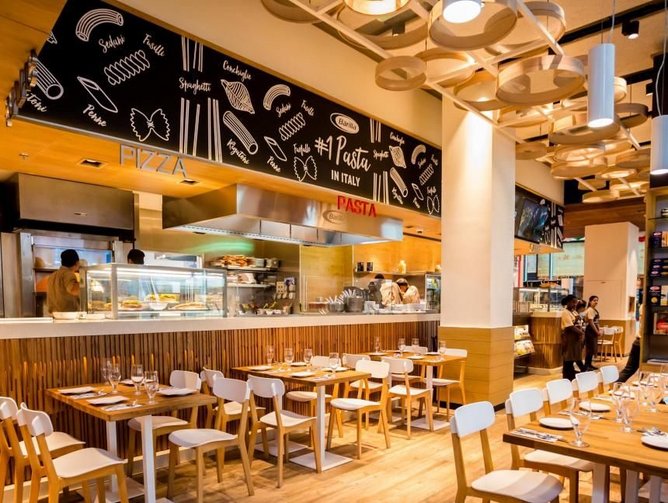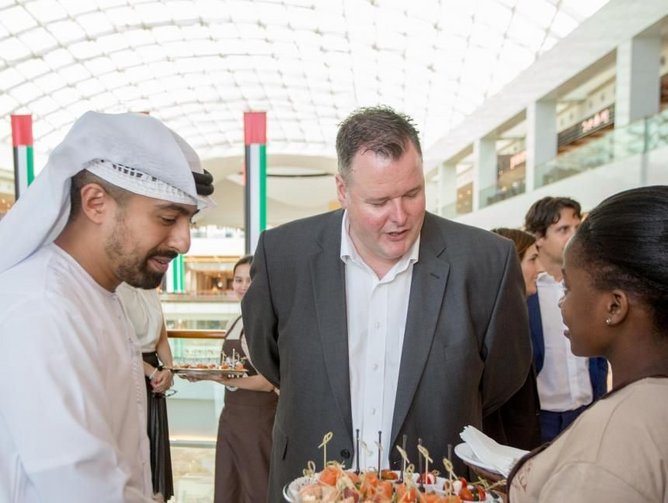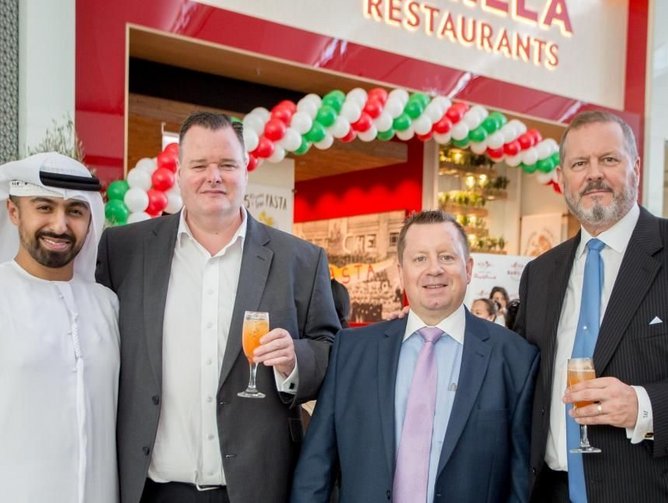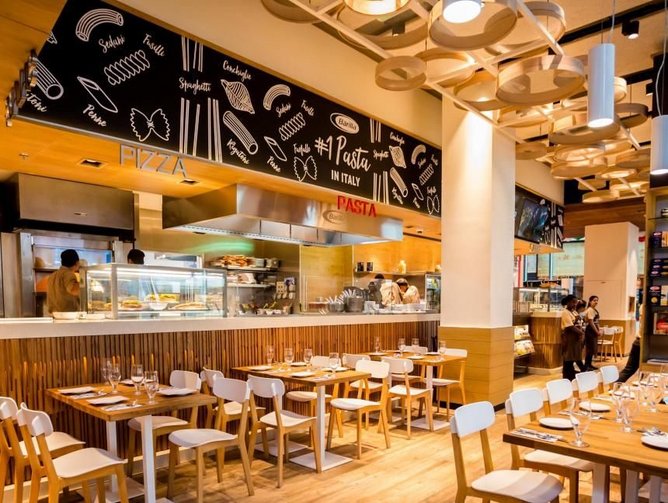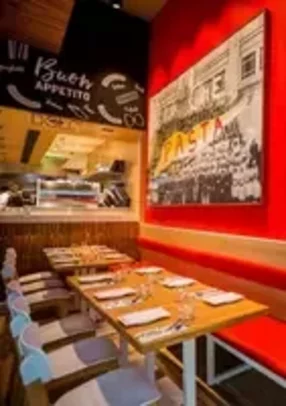The Al Futtaim Group is one of the largest family-owned diversified businesses operating in the Middle East, encompassing global brands in a multitude of sectors including: automotive, financial services, real estate and retail.
Over the last two years, the company has created a new vertical, forming an aggressive expansion plan into the food and beverages sector.
Ensuring the Supply Chain is in place for this expansion is Nick Gallager, Head of Procurement & Supply Chain at Al Futtaim Retail - F&B Division.
“Al Futtaim, technically, has already been operating in the food and beverages space,” says Gallager. “for example, Ikea & M&S both have cafes as a by-product, it is not their core business. With the food and beverages arm, the company wants to cement its position as a leading player in the franchisee market.”
The company began its journey into food and beverage with a number of key acquisitions. First, TWG Tea from Singapore, a high-end producer of quality tea products. Soon after, the Italian restaurant chain Barilla and the US based Super Chix followed and Al Futtain’s food and beverage arm had its first three franchises.
“Now we have those three horizontals we can start to look at the verticals, in particular the different food themes,” says Gallager. “The aim is to expand the brand and portfolio in the Middle East, acquiring more verticals from all around the world and in the space of five years make this a substantial element of Al Futtaim’s offering.”
Gallager is no stranger to the supply chain and logistic operations in the food and beverages sector, having worked for major companies in the UK as well as for a number of the Middle East’s biggest F&B operators. Starting in Kuwait some two years ago and then moved across to be Dubai based while still covering MENA operations. It is that local experience that will allow for a smoother expansion for Gallager, and not the steep learning curve that comes with a new geographic location.
“In setting up any new food and beverage supply chain, it is essential to have the right foundations to deliver from the start and will support the business expansion and exceed expectations on cost and product quality. There are always going to be challenges, but if your foundations are strong, they can be overcome with the minimum commercial impact” he says.
In supplying the products for its franchises, Gallager explains, “there are two main product types, proprietary products from the brand principles and locally available”. To ensure the best commercials without losing the quality, a localisation strategy is needed. All the products are approved by the brand principles. The aim is to match products locally available in the Middle East with an equal product to the brand principles home country product, reducing the requirement to directly import and carry that cost and risk of direct importing. The goal of this is to keep costs down and give high levels of security of supply whilst start up volumes are small.
For the proprietary products, Gallager explains, “Once it’s imported, I have the ‘control’ product that I can try and match,” he says. “For example, in Dubai there are a number of manufactures that can produce an equivalent product meeting the brand principles spec and requirements but manufactured locally. Removing the costly reliance on importing from America or Europe.”
While Gallager admits that matching the product will significantly reduce the costs in the supply chain and logistics, there is still a reliance on the imports that cannot be escaped.
“The infrastructure in the Middle East has come on leaps and bounds in manufacturing and importing, but it still doesn’t have enough raw ingredients. Products may be manufactured locally, but the manufacturer will source a lot of its raw ingredients through imports,” he says.
In food and beverage, recipe is king. Each POS system in each franchise will have in excess of 70 different dishes, which in turn will have 70 different recipes, and then of course each POS will have 70 different buttons and links to each dish. For Gallager, when it comes to managing all of these intricate details, an inventory system is a crucial tool to keeping those costs down.
“Think of the recipe writing process in general and you need to account for many points, but one of the most important is - yield loss,” he says. “Getting that yield loss right is very hard, it affects the cost of goods and the stock that the system is reporting as a variance.”
“The more accurate the yield losses, the more accurate the cost of goods, the consumption, the wastage and the variance and a solid inventory system is key to that.”
This extends further with regards to the forecasting of consumption, a key part in minimising the input cost, from freight to warehousing to product pricing. This allows Al Futtaim F&B to gauge and predict what it needs in terms of stock and inventory with minimal risk and cash tied up. Technology in supply chain and logistics operations continues to grow. Where an inventory system, or supply management platform once consisted of a single document, it now manifests itself in the form of much more intricate and detailed planning systems and tools.
“This ensures suppliers can offer exactly what we require for our customers. In franchises, you cannot vary the quality, there are standards and specifications set by the brand principles” says Gallager.
“That consistency is achieved by leveraging the management platforms we now use. The key driver here is as much the quality of food as it is the costs of procuring that supply in the first place.”
As a host to some of the world’s leading and most luxurious brands, Al Futtaim prides itself on the strong relationships it has built with brand principles and suppliers in order to achieve a product offering of the highest of quality.
This is no difference in the food and beverage space.
“It’s about understanding their business as much as understanding our markets andcustomers” says Gallager. “It’s about being open. Being open removes risk on both sides. Understand their needs and requirements, explain what you can offer to them and it all makes for a greater relationship that is built on trust and a win/win approach.” This is the same for brand principle and suppliers alike.
Already 12 months into this expansion plan, AL Futtaim’s F&B footprint already stretches across four TWG Teas, two Barilla Restaurants, one Super Chix and a central production facility. Over the course of the next five years, Gallager will look to oversee an aggressive expansion that exceeds 80 stores.
A key component in the future of Al Futtaim, will be to continue the company’s approach to supplier and partner relationships.
“When you go into a franchise it’s a relationship of trust. They are trusting you with their brand and you’re trusting them with their knowledge of the market and consumer” he says. “Foster that relationship, grow it and have open conversations – if you can achieve that, and it needs to work on both sides, you can build a relationship that works for both and the customer enjoys the benefits.”
